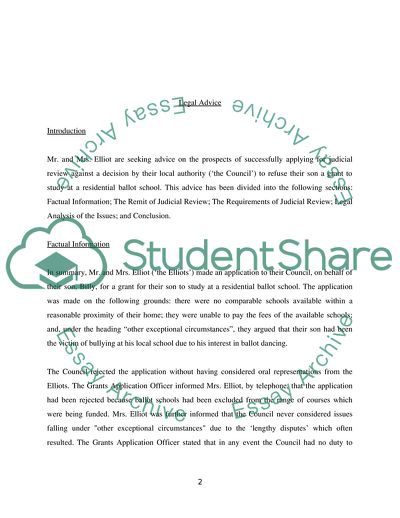Cite this document
(A Successful Application for Judicial Review Case Study - 1, n.d.)
A Successful Application for Judicial Review Case Study - 1. https://studentshare.org/law/1755048-administrative-law
A Successful Application for Judicial Review Case Study - 1. https://studentshare.org/law/1755048-administrative-law
(A Successful Application for Judicial Review Case Study - 1)
A Successful Application for Judicial Review Case Study - 1. https://studentshare.org/law/1755048-administrative-law.
A Successful Application for Judicial Review Case Study - 1. https://studentshare.org/law/1755048-administrative-law.
“A Successful Application for Judicial Review Case Study - 1”. https://studentshare.org/law/1755048-administrative-law.


